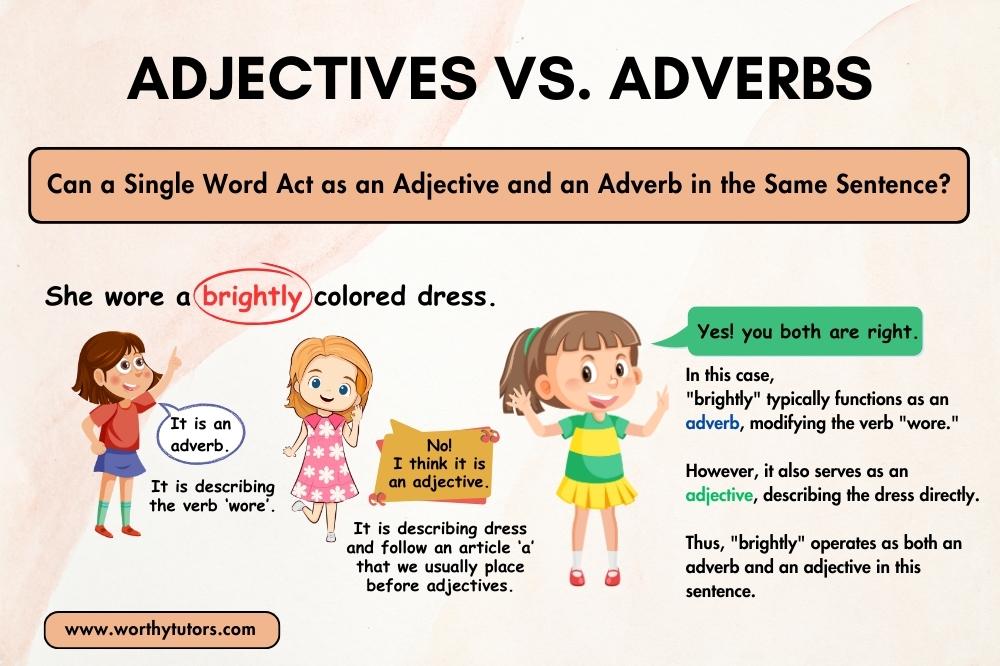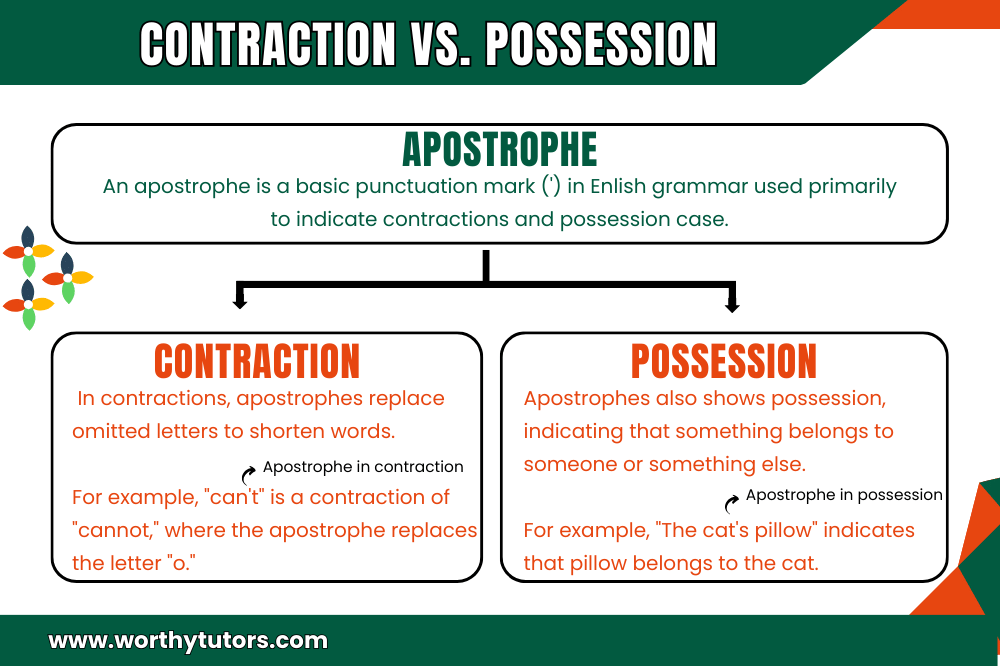
Definition, Examples, and Types of Clauses
DEFINITION, EXAMPLES AND TYPES OF A CLAUSE IN ENGLISH GRAMMAR
A clause is a basic unit of grammar. It is either a complete sentence on its own or is a part of a sentence. A clause will always have a subject, a verb and sometimes an object. Some very common examples of clauses are as follows,
· I ran. (Independent clause)
· I ran to the market. (Independent clause)
“I” serves as the subject in the examples above, while “ran” is the verb here.
· Liam ate. (Independent clause)
· Liam ate at a famous restaurant in Italy. (Independent clause)
“Liam” serves as the subject here, while “ate” is the verb.
· Because Kara came late… (dependent clause)
“Kara” is the subject here, while “came” is the verb.
All of the above sentences are characterized as clauses because of the presence of subjects and verbs in them.
HOW IS A CLAUSE DIFFERENT THAN A PHRASE?
A phrase is a group of words that can be a part of a sentence, but is never a complete sentence on its own. Unlike clauses, they do not either have a subject or a verb. While a clause can make sense on its own, a phrase cannot. The following are some examples of phrases
· On a holiday
· In the rain
· Till midnight
· At the sky
All the examples above are groups of words but they do not have subjects and verbs in them and cannot stand on their own as sentences. They definitely need a clause to complete them. For example,
· Selena went on a holiday to England.
· Ali was playing football in the rain.
· Sean was working on his assignment till midnight.
· Alex looked at the sky as if he was waiting for a miracle to happen.
DIFFERENT TYPES OF CLAUSES
The clauses are further divided into many subgroups. A clause can be an independent clause, a dependent clause, an adjective clause, an adverbial clause, a noun clause, a principal clause, a coordinate clause or an infinite clause. We shall discuss them all one by one here.
1. Independent Clauses
The term independent means “free from any outside control”. Independent clauses form complete sentences on their own. They do not need anything else to complete them. They are also known as simple sentences. For example,
· Felix wrote a letter to his friend.
· Paul slept on the bed.
· We will leave in the morning.
All the examples above are independent clauses because we have subjects and verbs in them all and they can stand alone as sentences.
2. Dependent Clauses
A dependent clause is a group of words which has a subject and a verb but is not complete on its own. A point to remember is that a dependent clause always begins with a conjunction. The following are a few examples of dependent clauses:
· Since Liam did not have anything left to do
· Although Charlotte worked very hard for the exams.
· Because she was not prepared for the consequences.
All the examples above have subjects and verbs but they are not complete on their own. They need independent clauses to complete them. Let’s consider completing them, for example,
· Since Liam did not have anything left to do, he chose to take a day off.
· Although Charlotte worked very hard for the exams, she still couldn’t score very well.
· Kris was shocked to see what happened because she was not prepared for the consequences.
3. Adjective Clauses Or Relative Clauses
An adjective clause or a relative clause is a dependent clause that describes a noun in the sentence. It usually begins with relative pronouns like who, whom, whose, which and that, or relative adverbs like where, when and why. They too have a subject and a verb but are not complete on their own. The following are a few examples of a relative or adjective clauses,
· I liked the girl whom we met yesterday.
· This is the place where Linda lives.
4. Adverbial Clauses
An adverbial clause is a dependent clause that describes a verb in a sentence. They too have a subject and a verb but are not complete on their own. The following are a few examples of adverbial clauses,
· I will leave for the city as soon as the bus arrives.
· Georgia can go anywhere she wants.
5. Coordinate Clauses
A coordinate clause is an independent clause connected to another independent clause in a sentence with the help of a conjunction. Such sentences are known as compound sentences. The following are the conjunctions that are used to connect the coordinate clauses in sentences.
· For
· And
· But
· Nor
· Yet
· So
· Or
Below are a few examples of coordinate clauses,
- Alec likes to watch movies, but he is not very fond of video games.
- Samantha hid under the table, for she was playing hide-and-seek with her little brother.
6. Subordinate Clauses
A subordinate clause is a dependent clause in a sentence connected to a main clause with the help of a conjunction. Such sentences are known as complex sentences. In the following sentence, for example,
- Oliver took out his umbrella because it was raining outside.
“It was raining outside” is the subordinate clause, “because” is the conjunction and “Oliver took out his umbrella” is the main or independent clause.
You Might Be Interested In
- Parts of Speech in English Grammar
- Punctuation Marks in English Grammar
- What are Modal Verbs? Types and Examples
- Types of Affixes in English Grammar
- Prepositions in English Grammar
- Gerund, Verbal Noun &Present Participle
- Content Words Vs Function Words
- 50 Basic Rules of Grammar


